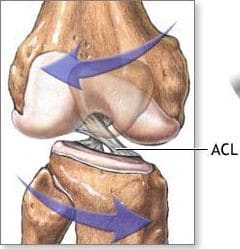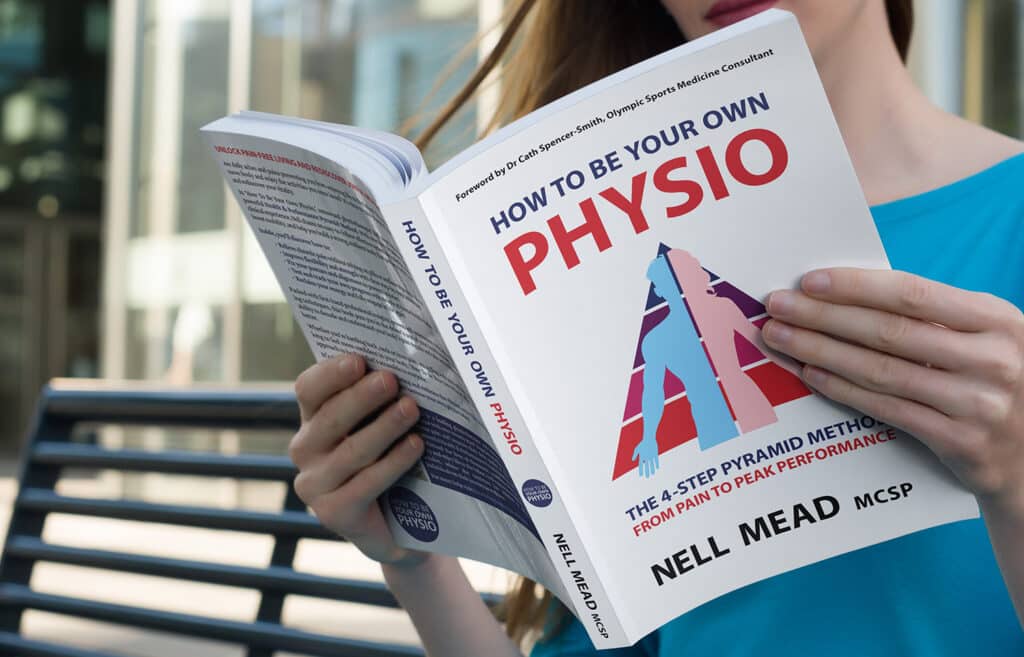
How I treat knees in my physio clinic – and why my knee physiotherapy is different!
Knee pain can be debilitating, and is incredibly common.
If you’re looking for tendonitis physiotherapy, and need a therapist who is thorough and thinks outside the traditional physiotherapy box, then look no further!
Get in contact
Just call my London team on
0207 175 0150 or use the form below and let me help you get better.
Just call my London team on 0207 175 0150 or use the form here.
Your tendons are the strong, stringy and slightly stretchy ropes that attach your muscles to your bones. They essentially transmit the force, produced by the muscle, to create movement around a joint. For example, when you bend your elbow to show off your powerful biceps muscle in the gym, it’s the tendon between the biceps muscle and the radius bone of the forearm that produces the movement at the elbow.
But – tendons can get painful, and due to their funky physiology and lack of blood supply, they can be frustrating and slow to rehabilitate. But – not all tendon problems are created equal, and I have my own take on why sometimes they take longer to recover than they ought to. Most good musculoskeletal physios should be able to help you if the problem is truly coming from the tendon; but if the tendon is overloaded due to compensation patterns, then my assessment and treatment methods may help you where others don’t.
My job is to work out whether the problem is coming from the tendon itself, or whether your poor tendon is trying to compensate for a problem somewhere else in your body. This will of course depend on which tendon we’re looking at; but I’ve found in the past that tendons in the shoulder and elbow are often overloaded because of issues in the neck and upper back, whereas tendons around the knee are often overloaded due to issues around the hip, pelvis and foot. Each case of tendonitis has its own specific cause, and therefore the best treatment for your tendonitis may be completely different from the best treatment for someone else.
If the problem is genuinely coming from your tendon, then we are likely to work on strengthening it – tendons often respond really well to high quality loading, so I’ll be encouraging you to play with some weights. However, if the real issue is that your tendon is compensating for a problem elsewhere in your body, then we’ll start by working on the underlying cause first.
Most cases of tendonitis (aka physio tendinitis) will respond either to progressive loading (if the tendon itself is really the problem) or to rehabilitating the underlying source of the problem, so that the tendon is no longer pathologically overloaded. However, some cases of tendonitis are genuinely stubborn, and if that’s the case, then we have options.
My first preferred option tends to be to get some imaging. Helpfully, tendons are usually quite near the surface of the skin, which means they can be seen with an ultrasound scan. I don’t do ultrasound scans myself but I know excellent ultrasonographers who can look at your tendon in more detail and help to work out what’s going on.
Depending on what the imaging shows and where the problem is, further and more invasive treatment may be required, potentially including shockwave therapy, steroid injections, needling and even surgery. Again, these are not things I offer myself, but I know some of the best doctors and can coordinate and direct you to the right help.
Follow-up sessions if required are usually an hour – it’s important to me to be very thorough when it comes to tendonitis, as I want to be the last physiotherapist you need.
As a leading tendon physiotherapist in London, I regularly write about injuries, treatment and assessment techniques.

Knee pain can be debilitating, and is incredibly common.

If you play hockey, football, rugby or go skiing then you’re more likely to damage your ACL – but what is an ACL, and how can you avoid an injury?

Sometimes, surgery is unavoidable. In which case, how can you get the best from your surgery?

Knee pain can be debilitating, and is incredibly common.
Simply fill in the form and my team will call you
Quick Links
Address
Longcroft House
2-8 Victoria Ave
London
EC2M 4NS
Are you tired of quick fixes that leave you back at square one? Ready to take control of your health with evidence-based strategies?
My book isn’t just another health tome – it’s your ticket to understanding your body and conquering both niggles and long-standing symptoms.
